A month ago today, my father died. I miss him. I really, really do. There are lots of things I’ll miss about him, but one of the things I’ll certainly miss most is his moral clarity.
A day or two after his passing, I looked through his books and opened up his Bible. My father was a gregarious, slightly mischievous kind of guy, who nonetheless took matters of his spirit seriously. As part of his spiritual practice, he interacted with religious texts in a very personal way. He highlighted them and penned his thoughts and responses in the margins. Some texts he marked repeatedly, a sign of their importance to him over decades. On that day almost a month ago, when I opened this repository of his thoughts and reactions, it fell right open to a mark in the margin:
#1: Love, Love, Love
There it was. His moral compass spelled out very succintly. For him, pretty much everything boiled down to love.
This was a man who took his responsibility to teach us his children wisdom seriously. Over decades, he let us in on his thought process as he faced all sorts of dilemmas at home, in his burgeoning small business, or around conflicts with friends or neighbors. When confronted with difficulties, some of them substantial, he almost always found a way to bring the choices he made back around to love in some form.
When my medical malpractice lawsuit came along, the education he gave me in finding that moral compass became very useful. Malpractice litigation provoked a lot of fear in me as I know it does for many of you. Sadly, sometimes fear can drive people to do strange things and lose their bearings in all kinds of ways. In times of fear, a path back to finding our own true north is especially essential. The path I found in the midst of litigation was captured right there in the mark I saw in the margin last month:
#1: Love, Love, Love.
It’s my belief that many physicians hurt in the midst of a lawsuit or after an adverse patient outcome precisely because we love our patients to begin with. In other words, we’ve given our lives to honoring the moral compass of love, and now we’re vulnerable as a direct result of our strengths. When this ugliness hits the fan, then, what shall we do? Can we find love in this kind of mess?
We can, though it may reveal itself in less obvious forms. Integrity. Courage. Generosity. Truth-telling. Compassion for oneself. Compassion for others. Justice. Ultimately, all are forms of love, aren’t they? And none is simple.
As the lawsuit and later my trial unfolded, I often thought of my dad and the premium he placed on a clean conscience. He believed that in the long-run, knowing you had done the right thing as best you could in a difficult situation was worth more than almost any outcome. He knew that what he thought of himself mattered more than the opinion of anyone else.
His theory was now being put to the test in my life. Regardless of whether my words and actions produced a legal outcome in my favor, I chose to confront my fear by trusting that doing the right thing as best I could would preserve my self-respect in the long run. For decades to come, I wanted to be a person who could live with myself.
At the end of the day, though I felt battered and worn, my self-regard grew not as a result of the jury’s verdict, but as a result of my choosing to be the highest person I could in the midst of a terrible situation. I see now that choosing to do the right thing in the face of fear was fundamentally a form of self-love. That self-love sustained me.
You and I are not perfect. My dad was not perfect. None of us will ever be. The question is, when the imperfections embedded in us and in our life experiences reveal themselves, where do we turn? Do we have a moral compass?
One way or another, it can always be love. Choose love.


